Turning Points in European History: 1914-1945-1989-2004. Marci Shore, American historian specializing in the history of Eastern Europe and lecturer at Yale University (USA), opened the international symposium „European Remembrance” in Prague with the keynote lecture. The main question she has put was 'Should we open the closet of the past?’. Focusing on human nature she gave examples of people such as Milan Kundera (Czech Republic) or Leslaw Maleszka (Poland), who were involved in collaboration with communist regimes. Marci Shore said: A desire to account with the past, though understandable, can distract us from the essence of the past events and understanding human nature. She added: A question not raised often enough is the one about relations between totalitarianisms and the intimacy, the destruction of private lives. Marci Shore mentioned also Jan Patočka’s term 'solidarity of the shaken’ (not solidarity based on forgetting and then forgiving), which explains the Polish-Ukrainian solidarity of today and she clearly emphasized that no one in Europe can understand Ukrainians better then Poles.
Zobacz też: Nowoczesność jako źródło cierpień

 Wspieraj
Wspieraj 

 Wspieraj
Wspieraj  Wydawnictwo
Wydawnictwo 
 Zaloguj się
Zaloguj się 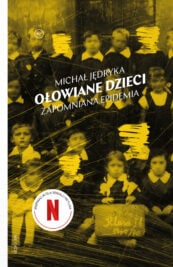



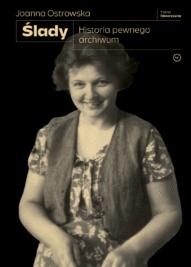
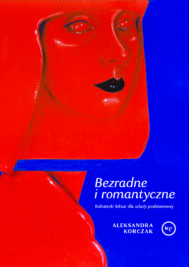
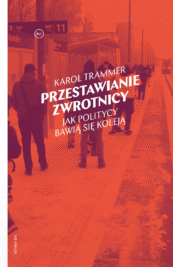
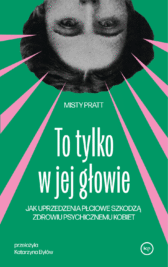
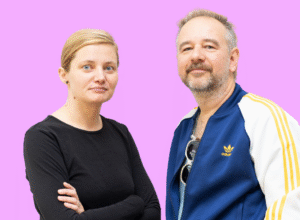
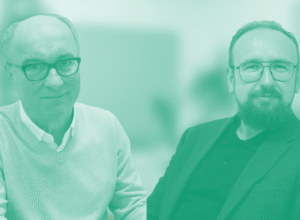
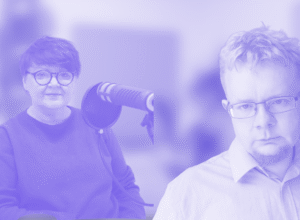
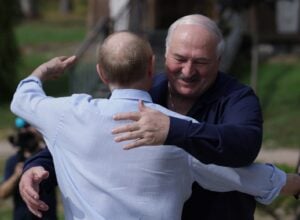

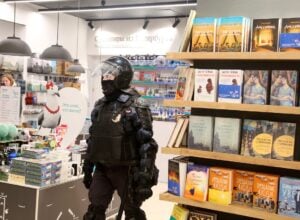
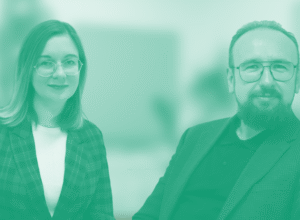
Komentarze
Krytyka potrzebuje Twojego głosu. Dołącz do dyskusji. Komentarze mogą być moderowane.